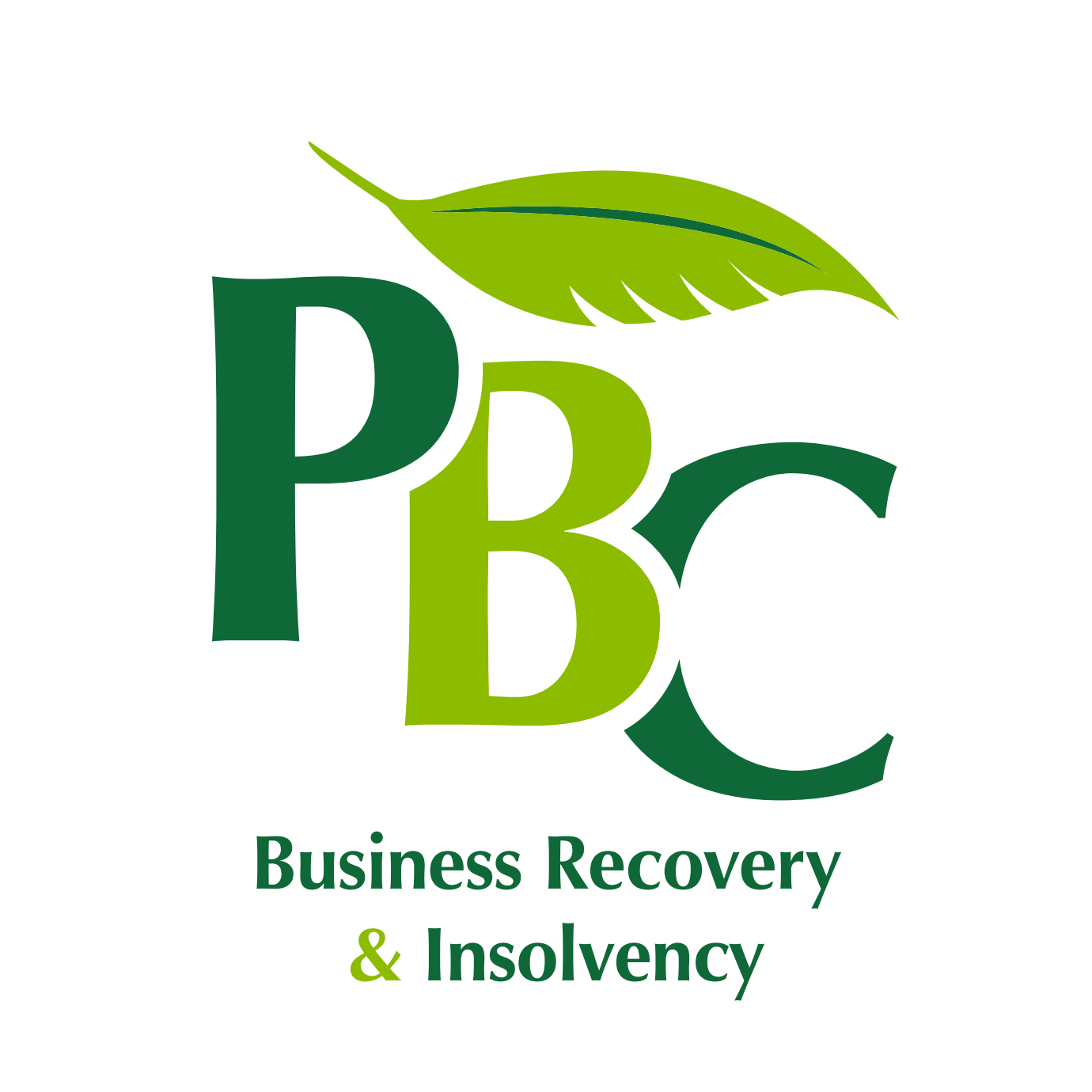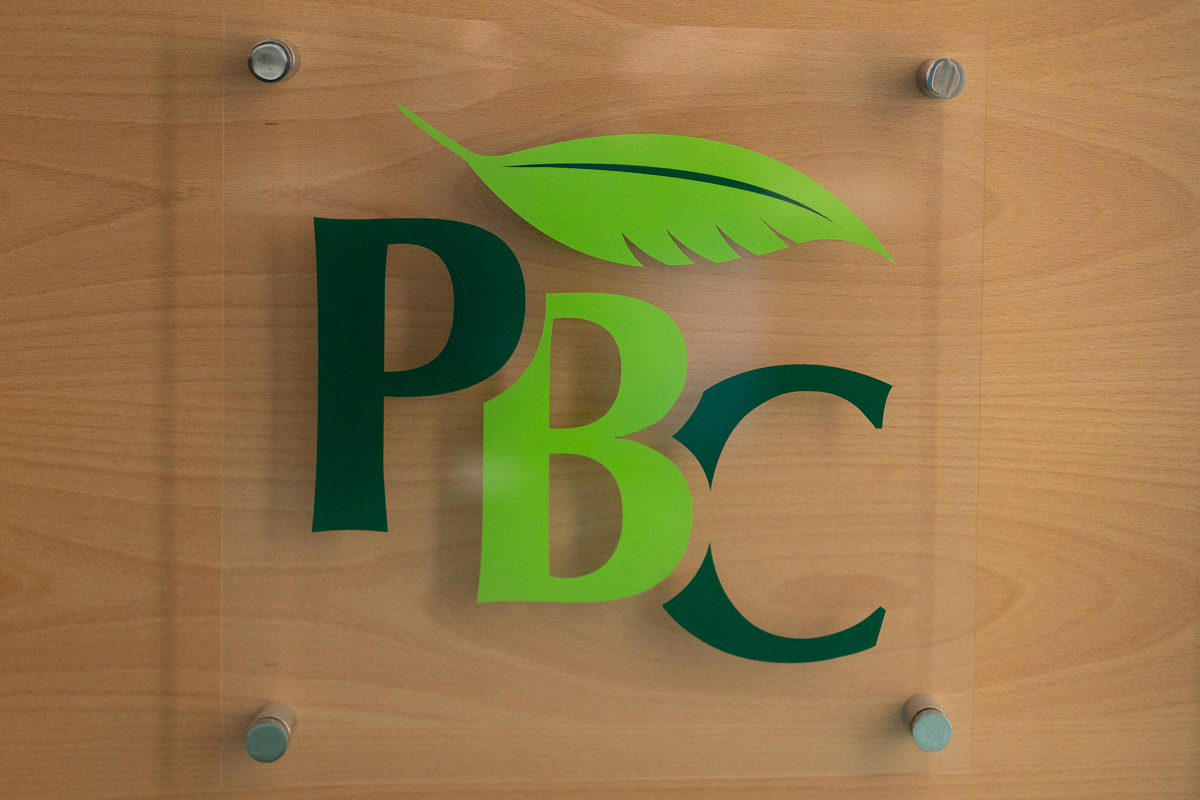The invites have gone out for annual Charity Quiz Night on Wednesday1st May, raising money for The Lighthouse Centre. If you would like to join us for an evening of fun and help this very worthwhile cause, please contact Lisa.
lisaparker@pbcbusinessrecovery.co.uk
PBC are celebrating National Apprenticeship Week
This week is the 17th annual celebration of apprenticeships, a time to appreciate apprentices everywhere.
We wanted to give a big shout out to our own invaluable apprentices, Grace, Marli and Liv.
PBC have been using apprentices for over 20 years and have benefitted from some great people over that time, many of whom still remain and work for the business. Whilst giving someone a great start in their working career, PBC also see the advantages of developing new talent in the Insolvency business.
As a Company we remain committed to supporting the apprenticeship service.
Celebrating 20 years at PBC
This month our Insolvency Manager Natasha Pink celebrates 20 years at PBC!
Many of you will be aware that Natasha joined the original Marshman Price business before it became PBC Business Recovery & Insolvency Ltd in 2014.
When she started working as a junior in 2004 a litre of petrol cost 80p, a loaf of bread was 62p and Arsenal won the premier league unbeaten (she is an avid Arsenal supporter).
Congratulations Natasha, we look forward to the next 20 years!
HMRC –Security Deposits on the increase
Whist it has recently been reported that insolvency figures are rising, and the number of winding-up petitions presented by HMRC are of a significant number (2,385 for the 2023 calendar year), we are seeing an increase in HMRC serving security deposits in respect of PAYE/NIC/VAT liabilities where HMRC believe there is a risk that taxes will not be paid.
These security deposits are requested from the company and can also be requested from the directors of the company personally, with threat of committing a criminal offence if the security payment is not made.
The security deposit requests, along with the presentation of a winding-up petition, are the last resort for HMRC who would much prefer to work with companies to try and recover sums outstanding. It is important therefore if companies are struggling to make good tax liabilities that they contact HMRC to agree an affordable payment plan.
Should you be struggling to pay not just HMRC but also other creditors in a timely fashion, then please contact PBC Business Recovery & Insolvency on 01604 212150 (Northampton), 01908 488653 (Milton Keynes) or email to enquiries@pbcbusinessrecovery.co.uk to discuss your available options. Alternatively, visit www.pbcbusinessrecovery.co.uk for further information.
It’s Not My Fault!
What is your understanding about being a director of a company?
It is proven time and again that people are unaware of their duties and seem to adopt the idea being a director is merely a title, not much different from that of manager or supervisor. Nothing could be further from the truth as, unlike those titles, a director has statutory duties to:
- Act within their powers.
- Promote the success of the company.
- Exercise independent judgment.
- Exercise reasonable care, skill and diligence.
- Avoid conflicts of interest.
- Not accept benefits from third parties.
- Declare any personal interests in proposed or existing transactions or arrangement with the company.
Where a company is insolvent (or likely to become insolvent) the court takes the view that if you fail to meet your duties to protect the interests of the company creditors as a whole then, by default, you accept the consequences of your actions. Ignorance is no defence.
These duties can challenge the integrity of a director, particularly when times are tough and you wish to “Look after” certain creditors, for example.
But, what about when you believe a fellow director is acting in breach of these duties? Where does that leave you?
As insolvency practitioners we are seeing an increase in management disputes where one director rolls out a list of failings or perceived breaches undertaken by their fellow director(s). The key issue with acknowledging the failings of others is just that; you are aware your fellow director may be breaching their duties. Again, the court has said, “If you are aware a director is in breach of their duties and you are not seen to actively challenge that conduct, then, by default, you assent to it and accordingly, are equally liable for any losses the company suffers.”
While the court’s view may seem harsh, it emphasises the level of responsibility resting on a director’s shoulders and the fact a director owes a duty to the company and not to any other director or shareholder.
Should you believe a fellow director is breaching their duties then you must demonstrate you have challenged their conduct. Keep a written record of your concerns, including any correspondence (such as emails) between you. If appropriate, convene a meeting of directors as a possible means to discuss the issue and resolve how to remedy the position. If all fails, seek early independent advice to consider how to protect your position. Doing nothing could prove costly.
If you require any advice or assistance on any insolvency-related issue, then please contact PBC Business Recovery & Insolvency on 01604 212150 (Northampton), 01908 488653 (Milton Keynes) or email to enquiries@pbcbusinessrecovery.co.uk. Alternatively, visit www.pbcbusinessrecovery.co.uk for further information.
PBC Charity Quiz Night
PBC are holding their annual charity quiz night on 1st May 2024 at Freemasons Hall, Northampton NN5 7UL.
Join us for the thrill of competition and helping us to support the Lighthouse Centre and the invaluable work they do for local people.
The entry cost is £20 a head including food, and you can enter a team of 4 – 6. Please contact lisaparker@pbcbusinessrecovery.co.uk for details and booking.
We look forward to seeing you there!
A Decade of Dedication: Celebrating 10 Years of PBC Business Recovery & Insolvency Ltd
Today (14th January 2024) marks a significant milestone for PBC Business Recovery & Insolvency Ltd as we proudly celebrate our 10th anniversary! A journey that began a decade ago has been filled with challenges, triumphs, and, most importantly, the unwavering support of our valued team and referral sources.
Reflecting on the past ten years, we can’t help but feel a sense of gratitude for the incredible journey we’ve had. From humble beginnings to where we stand today, it’s been a remarkable adventure shaped by the dedication of our team, the loyalty of our referral sources, and the continuous pursuit of excellence.
Throughout the years, PBC Business Recovery & Insolvency Ltd has evolved and grown, adapting to changing landscapes and embracing innovation. Our commitment to delivering quality service remains steadfast.
We owe our success to the hard work and passion of our team members, whose tireless efforts have propelled us forward. Their commitment to our shared vision has transformed challenges into opportunities and setbacks into lessons that have fuelled our growth.
As we celebrate this milestone, we are filled with excitement for the future. The next decade holds the promise of new accomplishments, deeper connections, and the opportunity to continue serving the business community with the same level of dedication that has defined PBC Business Recovery & Insolvency Ltd.
Thank you for being an integral part of our journey. Here’s to a decade of achievements, and to the exciting adventures that lie ahead. Cheers to ten years of PBC Business Recovery & Insolvency Ltd and to many more to come!
If it sounds too good to be true….
How many of you read the title and finished the saying off?
When companies are under distress, more often than not, so too are its directors. This can be an area of vulnerability as directors desperately look for solutions.
Unfortunately, this includes social media invitations to “Rid you of your worries,” or “We can extinguish your company debts,” together with similar assurances, all without proper attendance in front of an experienced person. The directors are told either they pay a fee from their personal savings or, the other approach is an offer to acquire the company shares for a nominal £1 albeit, you have to pay a percentage of the asset value to the “Acquiring” company. In both cases, the directors are assured the company debts will “Go away” and they can get on with their lives without any more worry.
Subsequent to the liquidator being appointed those who paid a fixed fee soon discover they are being held liable for various claims where it is alleged, they are personally liable and must pay to restore a position. PBC have been asked to assist directors who have fell victim to this approach and two familiar traits are clear, namely:
- The claim is often spurious and has little (if any) chance of being enforced through the courts.
- The approach can feel frightening to the receiving director and any negative response to their approach is met with an insistence a claim exists.
It should be mentioned, claims against directors happen in many insolvency matters. However, more often than not a director will have been advised from the outset of potential headings for claims and an insolvency practitioner is generally more open to the commercial considerations surrounding a claim and any settlement.
Gary Pettit of PBC added,
“I was appointed liquidator by the Secretary of State over a company that was wound up by the court. The PBC Team discovered the directors had been in the process of selling the company for £1 whilst also paying £10,000 to the acquiring party. Who believes that is a good deal? Unfortunately, this is what desperate people can do.
That planned deal was stopped, the £10,000 recovered and the assets were eventually sold for £180,000 – slightly more than the proposed £10,000! Had that deal been completed the director could have been held personally liable for the resulting loss.”
The stress on directors of a company in financial difficulties can be high and often lead to making hasty decisions. Those decisions can often be encouraged by businesses who entice the directors with an escape plan that can lead to the prospect of facing personal liability and potential directors’ disqualification for breaches of duty. That deal very quickly takes on a different complexion.
If you require any advice or assistance on any insolvency-related issue, then please contact PBC Business Recovery & Insolvency to discuss your situation on 01604 212150 (Northampton), 01908 488653 (Milton Keynes) or email to enquiries@pbcbusinessrecovery.co.uk. Alternatively, visit www.pbcbusinessrecovery.co.uk for further information.
Winding up is the solution, right?
Pay or we will look at winding you up. This is a threat that many debt collectors and credit controllers use as a means of persuading an errant debtor to pay. However, at PBC we ask if those threatening such action appreciate the impact of winding up proceedings, both practically and in terms of petition costs that could be in the region of £6-8,000.
Before a petitioner can seek to recover their petition costs as a liquidation expense, the statutory fees must be fully repaid. These include the official receiver’s fixed administration and general fees of £5,000 and £6,000 respectively. Equally, the official receiver shall levy a 15% fee on any assets they realise.
In a recent report from the Insolvency Service an average of 10% of all compulsory liquidations over the past 5 years resulted in the official receiver fees being fully covered. There can be many reasons for this but, ultimately it is suggesting in 90% of compulsory liquidations, the petitioner is writing off the petition costs they have paid out in addition to their original debt.
There are times where winding up proceedings are justified. However, a petitioner should also be aware of (and open to) the alternatives that are available. This maybe creditors voluntary liquidation, where a wider degree of commercial thinking is often employed. It could also be some form of restructuring that benefits creditors as a whole. Often, the likes of a company voluntary arrangement will provide to repay the petition costs as an expense while the CVA, itself, offers a better return on your principal debt.
It goes without saying that everyone wishes to be paid for their services or goods supplied. However, when a company is likely to enter into an insolvency event, reality turns on the question how do I maximise recovery and does any alternative option being made available achieve that?
If you require any advice or assistance on any insolvency-related issue, then please contact PBC Business Recovery & Insolvency to discuss your situation on 01604 212150 (Northampton), 01908 488653 (Milton Keynes) or email to enquiries@pbcbusinessrecovery.co.uk. Alternatively, visit www.pbcbusinessrecovery.co.uk for further information.







